ADHD impacts nearly 1 in 10 children. There is a lot of confusion and debate around ADHD, including the question: is ADHD a learning disability? We will try to answer some of these questions in the article below.
Contents
There is a lot of debate surrounding ADHD and its classification as a learning disability. Many people feel that ADHD should not be classified as a learning disability because it is a neurological disorder, not a cognitive one.
However, others argue that ADHD can impact someone’s learning ability and be classified as a learning disability. So, what is the truth? Is ADHD a learning disability or not? Let’s take a closer look at this complex question.
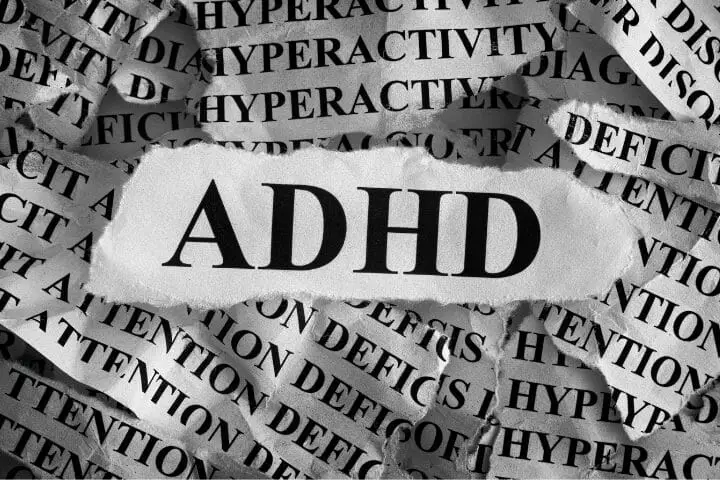
ADHD
ADHD, or Attention Deficit Hyperactivity Disorder, is a common neurodevelopmental disorder that can cause difficulties with focus, impulsivity, poor executive function and hyperactivity. Although it is most often diagnosed in childhood, ADHD can also affect adults. Symptoms of ADHD can vary from person to person and may include problems with:
- Paying attention
- Staying on task
- Following instructions
- completing tasks
- Organization
- Prioritizing
Individuals with ADHD may also find it difficult to control their impulses and are more likely to take risks. While there is no cure for ADHD, many treatment options are available to help manage symptoms and improve functioning. If you think you or someone you know may have ADHD, it is essential to talk to a doctor or mental health professional.
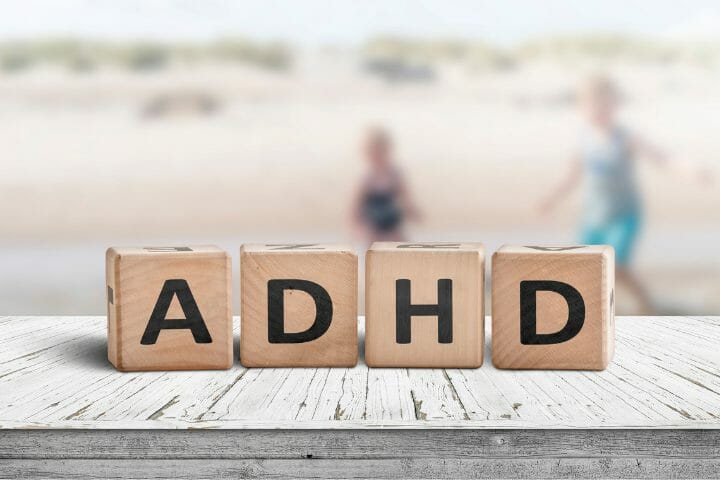
ADHD vs. Learning disability
There is a lot of confusion around the terms ADHD and Learning Disability. To understand the difference between the two, it is essential to know what each term means.
ADHD stands for Attention Deficit Hyperactivity Disorder. It is a neurological developmental disorder that affects a person’s ability to focus and pay attention. It can also cause hyperactive and impulsive behaviors.
A learning disability, on the other hand, is a neurological condition that affects a person’s ability to process information. This can make it challenging to learn new things or remember information they have already learned.
So, what is the difference between ADHD and Learning Disability? ADHD affects a person’s ability to focus and pay attention, while a learning disability affects a person’s ability to process information.
You might also like to read: The Story of Tamana Chona
Is ADHD a Learning Disability?
Attention deficit disorder is not a learning disability. However, it can make learning more difficult for children with ADHD. In addition, ADHD may co-occur with other conditions considered to be learning disabilities, such as auditory processing disorder, dyslexia, math anxiety and other intellectual disabilities. If your child has been diagnosed with ADHD, there are many ways that you can help them to succeed in school and life.
One of the most important things you can do is be an advocate for your child. Please make sure that their teachers know their diagnosis and work with you to create an individualized education plan (IEP) that meets their needs. You should also talk to your child’s doctor about medication and other treatments that may be helpful.
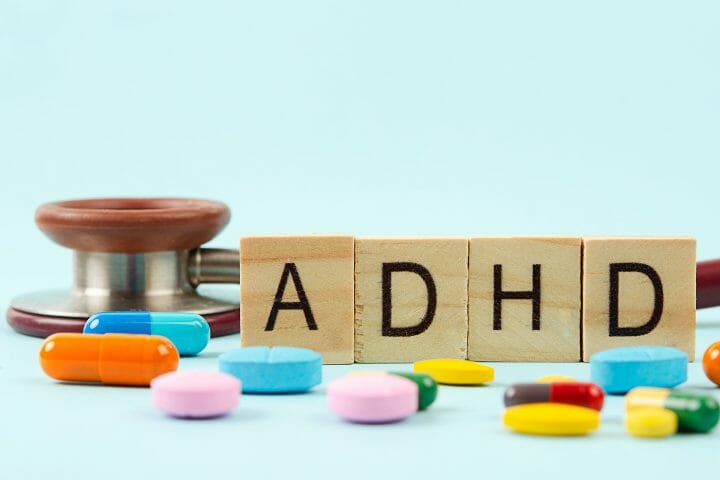
How Can ADHD Impact Learning?
ADHD can have a significant impact on learning. It can affect a child’s ability to pay attention, concentrate, and stay on task. It can also lead to poor executive function and hyperactivity, making it challenging to sit still or follow instructions. This is often termed as oppositional defiant disorder.
These factors can make it hard for a child with ADHD to succeed in school. They may have difficulty keeping up with their classmates and struggle to meet expectations.
There are ways to help children with ADHD learn more effectively. For example, accommodations such as extra time for tests or breaks during long tasks can be helpful. Some children may also benefit from medication.
ADHD, or Attention Deficit Hyperactivity Disorder, is a condition that can make it difficult for children to focus and stay on task. As a result, children with ADHD may have difficulty in school and at home.
ADHD can make learning more difficult, but there are ways to manage it. Here are some tips:
- Create a routine and stick to it. This will help your child know what to expect and when.
- Make sure the environment is conducive to learning. This means having a quiet place to work with few distractions.
- Use visual aids. This can help your child better understand and retain information.
- Encourage physical activity. Exercise can help improve focus and concentration.
- Talk to the school about accommodations. Many schools are willing to provide extra help for children with ADHD.
With some planning and effort, children with ADHD can succeed in school and life.
You might also like to read: Parenting a Child with Intellectual Disability
Examples of Learning Disabilities
Some common learning disabilities include reading, writing, math, and organization difficulties. These difficulties can make school and work challenging.
People with learning disabilities often have trouble with some or all of the following:
- reading comprehension
- decoding words
- Spelling
- math skills
- Organization
- listening skills
- following directions
Most people with learning disabilities have average to above-average intelligence. A learning disability is not a problem with intelligence or motivation.
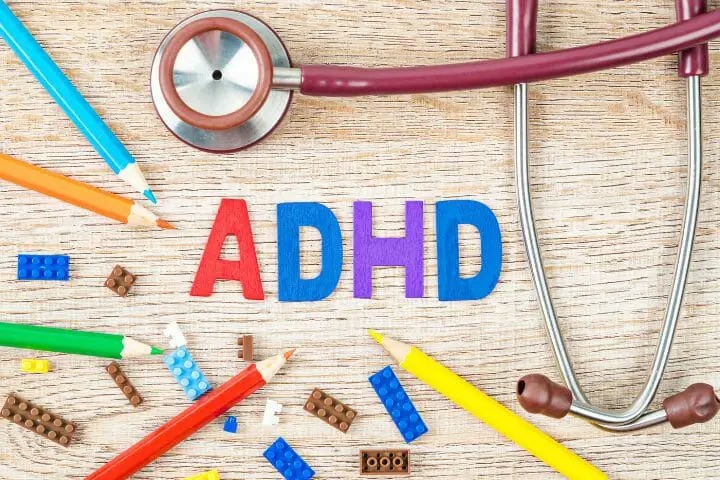
Who Can Make a Diagnosis?
The answer to this question depends on the country in which you live. In the United States, a medical doctor (MD) or doctor of osteopathic medicine (DO) can diagnose ADHD. In other countries, different types of health care providers may be able to diagnose ADHD, including psychologists and psychiatrists.
A diagnosis of cancer can be made by a qualified healthcare professional, including primary care physicians, specialists, surgeons, and pathologists. A patient may be referred to a cancer center for more comprehensive testing and treatment.
ADHD Symptoms Used For Diagnosis
Inattention, Impulsivity, and Hyperactivity must be present for at least six months to the degree of disruptive and inappropriate for the person’s developmental level.
Inattention:
Concentrating on tasks can be difficult for people with ADHD. People with ADHD may have trouble paying attention, following through on tasks, or remembering details. They may have difficulty keeping track of things, often losing their keys or homework. People with ADHD may appear not to be listening when spoken to directly.
Impulsivity:
People with ADHD may act without thinking first or speak without thinking first. This can lead to accidents or getting into trouble. For example, someone with ADHD may blurt out an answer before hearing the whole question or run into the street without looking first.
Hyperactivity:
People with ADHD may have trouble sitting still. They may constantly move or squirm in their seat. They may also talk a lot. For children, this may mean that they can’t wait their turn or interrupt others often. Adults with hyperactivity may feel restless and fidgety. They may also have trouble completing tasks because they are easily distracted.
When ADHD goes undiagnosed during childhood, it could lead to several Mental Health Disorders in adulthood such as mood disorders, anxiety and obsessive-compulsive disorder, bipolar disorder and so on.
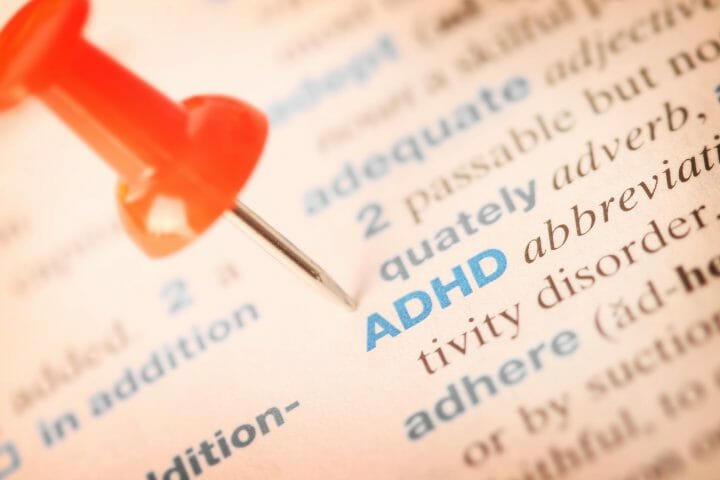
Frequently Asked Questions
Is ADHD a developmental disability?
In short, the answer is yes. ADHD can significantly impede an individual’s ability to function in daily life and often leads to difficulties in school, work, and poor social skills.
While there is no cure for ADHD, it is possible to manage the condition through medication, therapy, and other treatments. With proper support and intervention, people with ADHD can lead happy and successful lives.
Is ADHD a disability under the ADA?
Yes, ADHD is considered a disability under the Americans with Disabilities Act (ADA). The ADA defines a disability as a mental or physical or impairment that limits daily activities of living.
ADHD can undoubtedly qualify as a disability under this definition, as it can significantly restrict an individual’s ability to function in school, work, and social settings. If you have ADHD and believe it impacts your ability to participate in these areas of life, you may be protected by the ADA.
Wrap Up
Whether your child has ADHD or a learning disability, she is still just as beautiful as every other child on the planet. Our children need our support, help and kindness. With the right support, any child can flourish and reach upto their full potential.
Thank you for reading this article, we hope we covered most of what was on your mind. Do write to us in case you have more questions, comments or suggestions to make.
